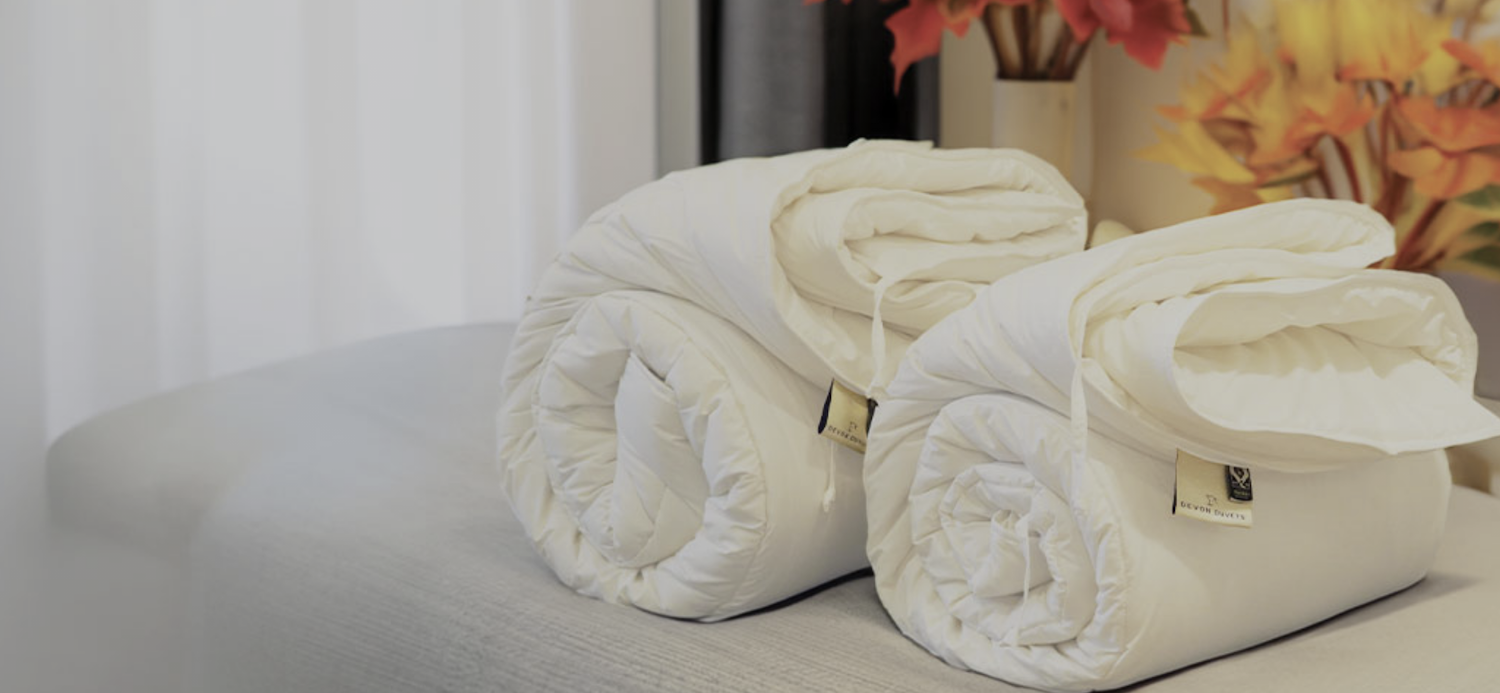What are the Top 10 sleep questions?

Sleep is vitally important for our physical, mental and emotional wellbeing. With today’s pace of life there are several factors that can impact on our ability to achieve a good quality of sleep. In this blog, we discuss some of the top questions about sleep and provide tips for achieving a more restful night.
1. How much sleep do I really need?
The amount of sleep needed does vary, according to age, lifestyle and individual needs. For example, children and teenagers need more sleep and as we age, we tend to sleep less. Of course, everyone is different, so it is important to listen to your body and adjust if necessary. General guidelines are as follows:
- Newborn babies tend to sleep in short bursts, waking regularly, but the total amount of sleep in a 24-hour period should be 12 to 16 hours.
- Infants 4 months to 12 months will also sleep around 12 to 16 hours per 24 hours, including naps.
- Children 1 to 2 years of age should sleep 11 to 14 hours per 24 hours, including naps.
- Children 3 to 5 years of age should sleep 10 to 13 hours per 24 hours (including naps)
- Children 6 – 12 years of age should sleep 9 to 12 hours per 24 hours.
- Teenagers 13 – 18 years of age should sleep 8 to 10 hours per 24 hours.
- Adults should sleep 7 or more hours per night.


2. What happens if I don’t get enough sleep?
Lack of sleep over even a relatively short period of time can result in sleep deprivation, which can have far reaching effects on physical and mental health. This can include mood swings, impaired cognitive abilities, and a weakened immune function. Sleepiness whilst working or driving can lead to more errors and accidents. Long term deprivation can trigger more serious issues such as type 2 diabetes and cardiovascular disease.
3. How can I improve my sleep?
Adopting healthy sleep habits is important and this includes maintaining a consistent sleep schedule (even at weekends and on holidays!), avoiding stimulants such as sugary foods, caffeine and screens before bed and doing some regular physical activity. Even a gentle walk or gardening will help. Your bedroom temperature can also impact on your ability to fall asleep or stay asleep and you can read more about the ideal sleep temperature here.
4. What are the signs of a sleep disorder?
Common signs of sleep disorder include difficulty and falling or staying asleep, excessive daytime sleepiness, loud snoring, sleep apnoea and restless legs. If you have any concerns or suspect you may have a sleep disorder, then it is best to consult your doctor.


5. Does my bedding affect the quality of my sleep?
The bedding you choose can have a big impact on the quality of your sleep. Always opt for bedding made with natural fibres, as synthetic fibres are not breathable and tend to trap heat. That might sound nice for the winter – but not so good in summer! Wool is an amazing fibre that is very efficient at temperature regulation, because it is fully breathable and helps to keep your core body temperature balanced whilst you sleep. This means you are less likely to wake up feeling too hot or too cold. Wool is also an excellent choice for those who have sleep problems due to dust mite allergies, as both wool and alpaca are naturally resistant to dust mites and micro bacteria.
At Devon Duvets, we’re wool bedding experts and individually handcraft our duvets, toppers and pillows from 100% British wool that is natural, sustainable and chemical free. Each one is stitched with care by our seamstresses in our Devon workshops and our outer casings are made with a gorgeous 260 thread count 100% cotton fabric. Also, opt for bedlinen made from 100% cotton or other 100% natural fibres, as this is also breathable - and if you tuck up in PJs or a nightie, then stick to cotton rather than polycotton or other blends. Lastly, do make sure that your pillow is not bending your neck and exacerbating the risk of snoring and neck ache. You can check out our blog about sleeping positions and how our unique wool Folding Pillows can help.
6. What is the best bedroom environment for sleep?
Ideally, your bedroom should have a consistent cool (but not cold) temperature, which we’ve covered in one of the earlier questions. Keeping your room dark at night will also ensure you produce melatonin (the ‘sleep hormone’). It is also best to keep TVs and devices out of the bedroom as the blue light that these emit can interfere with sleep patterns. Generally, it is advisable to turn off TVs and devices at least 30 minutes before bedtime.


7. Does nutrition affect sleep quality?
The foods you choose to eat can play a significant part in sleep health. Avoiding heavy meals, spicy food, caffeine, sugary foods and alcohol close to bedtime can help to ensure you enjoy a better quality of sleep. Certain foods, such as those high in tryptophan (including nuts, chicken and fish) may also help. You can find out more here about the type of foods that can help you sleep better.
8. Is napping beneficial?
Napping can be beneficial for some people, especially if they experience daytime fatigue or sleepiness. If you are experiencing a regular afternoon ‘slump’ then try and stay away from sugary, high carbohydrate foods at lunchtime, which could be causing you to experience a sugar high and then a sugar crash. However, to avoid grogginess or interfering with nighttime sleep, it is best to limit naps to 20 – 30 minutes and take them earlier in the day, rather than the evening.
9. What can I do if I have trouble falling asleep or staying asleep?
We all experience the occasional night when we might take a while to get to sleep or wake up more than usual. If, however, this is happening over an extended period, then firstly review the information in the above points and see if any changes can be made to your bedtime routine, habits or environment. If you are still struggling, then seek advice from your doctor.
10. How does age affect sleep?
Sleep patterns change as we become older; young children and teens require more sleep than adults due to rapid growth and development, whereas older adults usually need less. You can read more about this in the first point we covered. We all have our individual needs but if we are aware of age-related changes, we can adjust our sleep habits accordingly.
For more information about how our luxurious, individually handcrafted natural bedding can help you sleep better, just give the team a call on 01752 345399 or contact via email.
Ref: Sleep Education; Sleep Foundation; NHS Sleep
